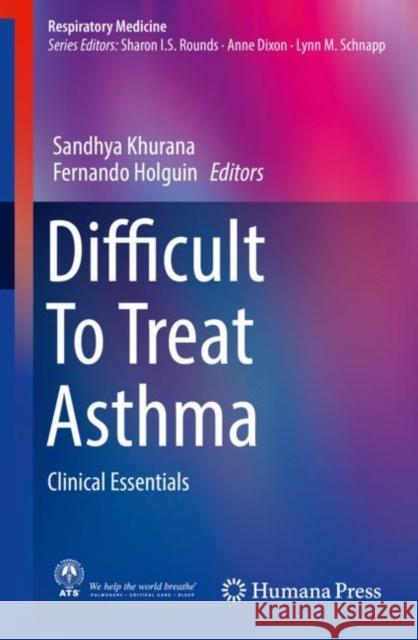Difficult to Treat Asthma: Clinical Essentials » książka
topmenu
Difficult to Treat Asthma: Clinical Essentials
ISBN-13: 9783030208110 / Angielski / Twarda / 2019 / 334 str.
Difficult to Treat Asthma: Clinical Essentials
ISBN-13: 9783030208110 / Angielski / Twarda / 2019 / 334 str.
cena 481,91
(netto: 458,96 VAT: 5%)
Najniższa cena z 30 dni: 462,63
(netto: 458,96 VAT: 5%)
Najniższa cena z 30 dni: 462,63
Termin realizacji zamówienia:
ok. 22 dni roboczych.
ok. 22 dni roboczych.
Darmowa dostawa!
Kategorie BISAC:
Wydawca:
Springer
Seria wydawnicza:
Język:
Angielski
ISBN-13:
9783030208110
Rok wydania:
2019
Dostępne języki:
Numer serii:
000353203
Ilość stron:
334
Waga:
0.63 kg
Wymiary:
24.03 x 16.54 x 1.75
Oprawa:
Twarda











